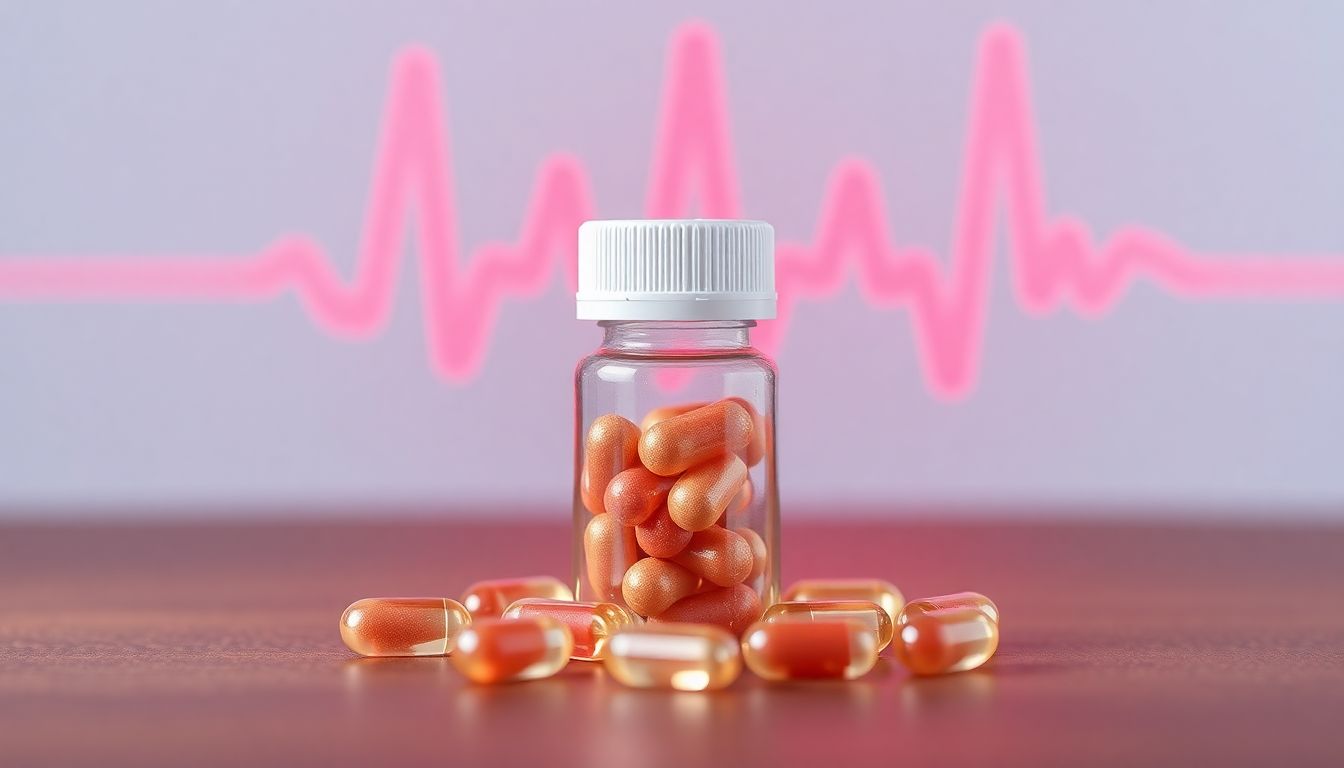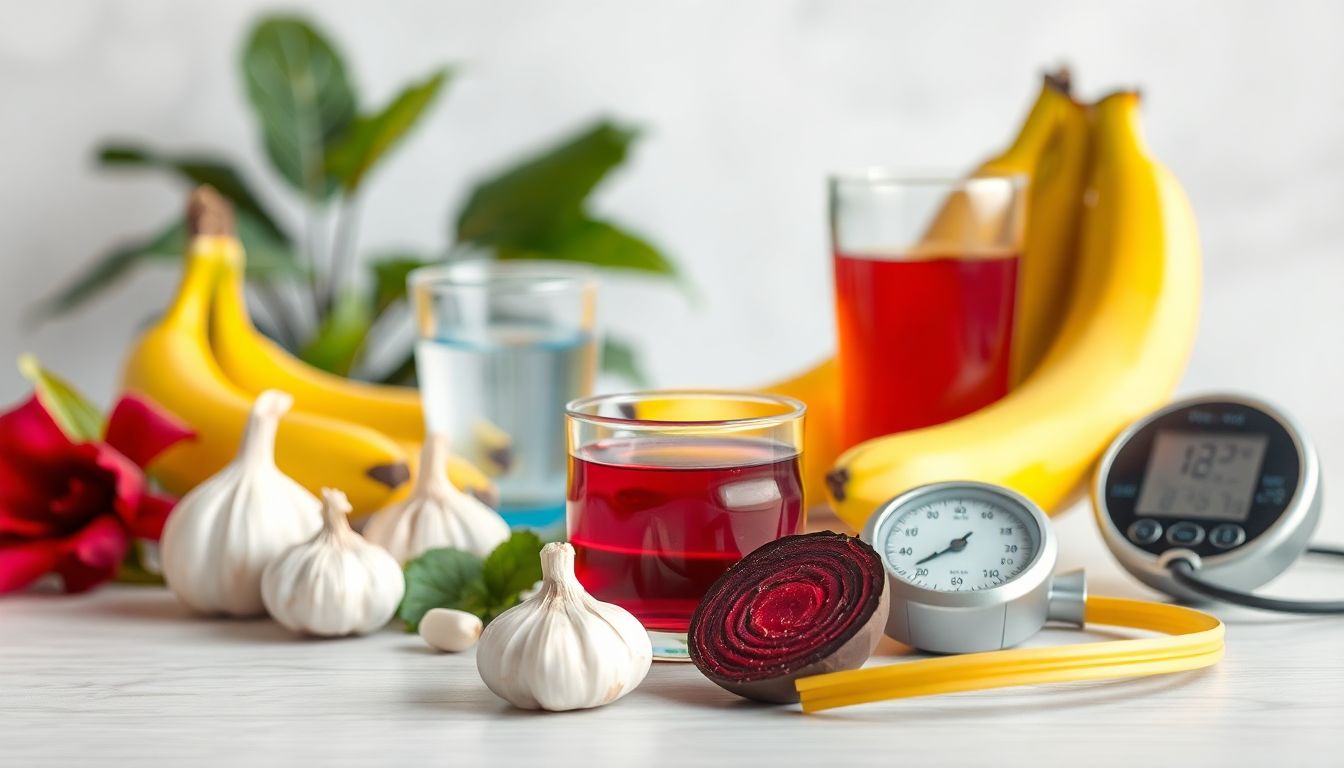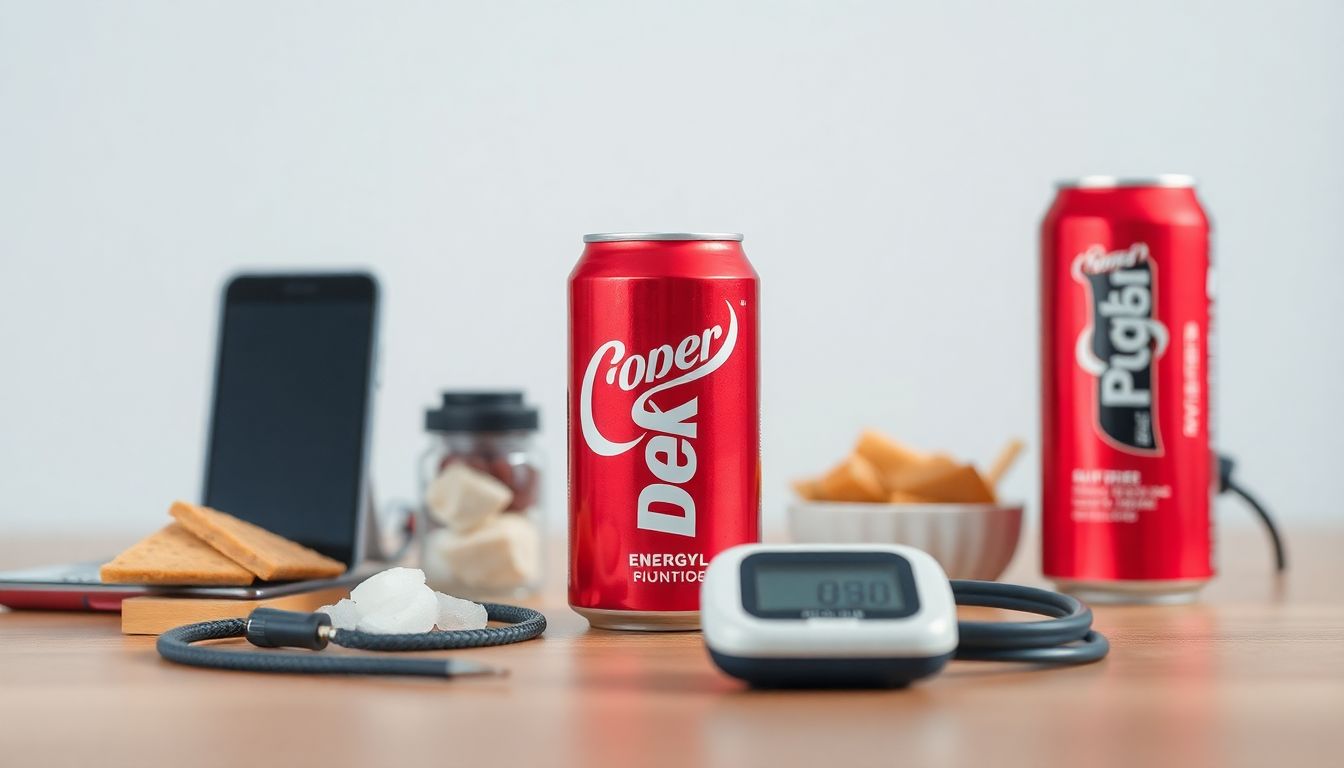🩺 Introduction
If you’re looking for a natural way to support your blood pressure and overall heart function, few nutrients are as important as Coenzyme Q10, or CoQ10.
This remarkable compound powers every heartbeat by fueling your cells with energy.
But as we age — or take certain medications — our CoQ10 levels drop, making it harder for the heart to keep up.
In this article, we’ll explore how CoQ10 works, what the science says about its effects on blood pressure, and how to include it safely in your routine.
(Related Reading: The Complete Guide to Lowering Blood Pressure Naturally)
⚕️ What Is CoQ10?
CoQ10 is a vitamin-like antioxidant found in nearly every cell of your body — especially in the heart, liver, and kidneys.
It’s essential for energy production in the mitochondria, the “power plants” inside your cells.
Without enough CoQ10, your heart muscle can’t pump efficiently, and oxidative stress begins to damage blood vessels.
🧬 How CoQ10 Supports Heart and Blood Pressure Health
CoQ10 benefits your cardiovascular system in multiple ways:
- Improves energy production — gives heart cells the fuel they need to pump efficiently.
- Reduces oxidative stress — protects arteries from damage and inflammation.
- Enhances nitric oxide — relaxes and widens blood vessels for smoother circulation.
- Supports cholesterol balance — helps reduce oxidation of LDL (“bad”) cholesterol.
💡 Science says:
Clinical studies show CoQ10 supplementation can reduce systolic blood pressure by 10–17 mmHg and diastolic pressure by 7–10 mmHg, depending on the dose and duration.
❤️ CoQ10 and Blood Pressure: The Research
A major meta-analysis of 12 randomized trials found that CoQ10 significantly lowered blood pressure in hypertensive individuals, with no major side effects.
In another 8-week study, 60 patients taking CoQ10 showed:
✅ Better energy levels
✅ Reduced fatigue
✅ Lower average blood pressure
(Also read: Can Supplements Really Lower Blood Pressure?)
⚡ Why CoQ10 Levels Decline with Age
CoQ10 levels peak around age 20 and gradually decrease as you get older.
They can also drop due to:
- Chronic stress
- Poor diet
- Statin medications (used for cholesterol)
- High blood pressure itself
Statin drugs are particularly important — they can reduce CoQ10 levels by up to 40%, leaving your heart low on cellular energy.
(Also read: How Stress Affects Blood Pressure (and Natural Remedies That Work))
🧠 Benefits Beyond Blood Pressure
CoQ10 doesn’t just regulate blood pressure — it helps your whole cardiovascular system thrive.
Additional benefits include:
- Improved heart muscle strength
- Better exercise tolerance and stamina
- Enhanced mental clarity and focus
- Protection from free-radical damage
(Also read: Blood Pressure and Sleep: The Hidden Connection)
💊 Best Ways to Take CoQ10
Forms of CoQ10:
| Form | Absorption | Notes |
|---|---|---|
| Ubiquinone | Standard | Less bioavailable |
| Ubiquinol | Superior | Easier for older adults to absorb |
💡 Recommended dosage: 100–200 mg per day, preferably with meals containing healthy fats.
Tips for best results:
- Take CoQ10 in the morning or midday for sustained energy.
- Combine with magnesium or omega-3s for extra cardiovascular support.
(Also read: The Role of Magnesium in Blood Pressure Control)
🌿 Doctor-Formulated CoQ10 Blends
While standalone supplements are effective, formulas that combine CoQ10 with synergistic ingredients often provide better results.
For example, BP Zone® by Zenith Labs includes CoQ10, saffron, hibiscus, and magnesium — a powerful blend for supporting circulation, vascular flexibility, and balanced blood pressure.
(Also read: Best Natural Supplements to Lower Blood Pressure)
🕒 How Long Before You Notice Results
Most people notice better energy and mood within 1–2 weeks, and measurable improvements in blood pressure after 4–8 weeks of consistent CoQ10 use.
(Also read: How Long Do Natural Remedies Take to Lower Blood Pressure?)
❓ FAQs — The Role of CoQ10 in Blood Pressure and Heart Health
- Can CoQ10 really lower blood pressure?
Yes. Studies show consistent use reduces both systolic and diastolic pressure. - How does CoQ10 help the heart?
It fuels your heart cells with energy and reduces oxidative damage. - Is CoQ10 safe with blood pressure medication?
Generally yes, but consult your doctor before combining them. - When should I take CoQ10 — morning or night?
Morning is best for energy and absorption. - How long does it take for CoQ10 to work?
Results typically appear within 4–8 weeks. - Can I take CoQ10 if I’m on statins?
Absolutely. It can counteract the depletion statins cause. - What’s the best form — ubiquinol or ubiquinone?
Ubiquinol is more absorbable, especially for people 40+. - Can CoQ10 boost energy levels?
Yes — it enhances mitochondrial energy production. - Are there side effects?
CoQ10 is well-tolerated; mild stomach upset is rare. - Does CoQ10 replace medication?
No, but it complements medical therapy and lifestyle improvements.
❤️ Final Thoughts
CoQ10 is one of the most important nutrients for a healthy heart and balanced blood pressure.
It’s safe, well-researched, and vital for anyone over 40 — especially those taking statins or managing hypertension.
By pairing CoQ10 with a nutrient-dense diet, exercise, and relaxation habits, you can give your heart the energy and resilience it needs to stay strong for life.
(Also read: The Complete Guide to Lowering Blood Pressure Naturally)











